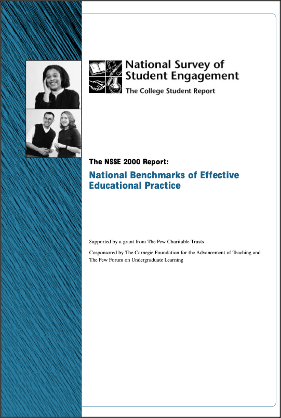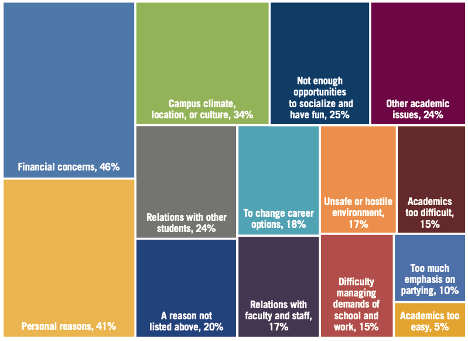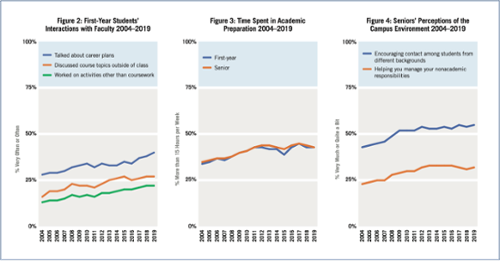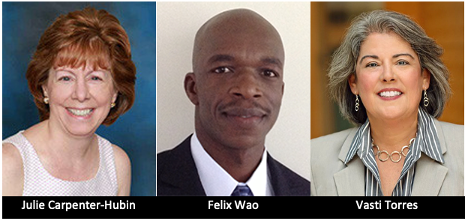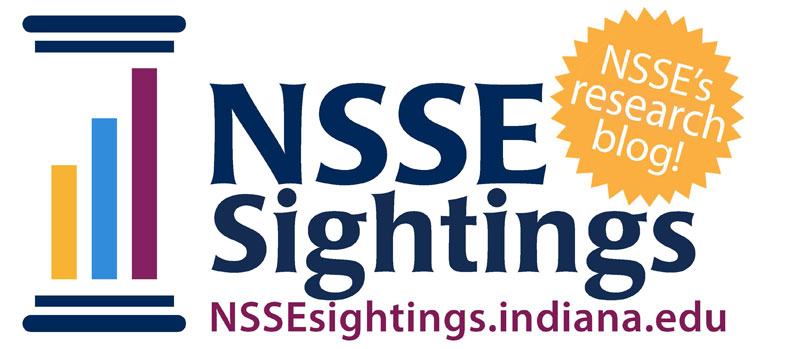The NSSE project was founded with two simple yet ambitious goals in mind: To enrich the discourse about collegiate quality with a sharp focus on the activities and experiences that matter to student learning and success, and to provide participating colleges and universities with credible, reliable, and actionable information to inform improvement efforts. These two goals continue to guide the work of the project.
NSSE has not remained static over 20 years. The survey itself, the survey administration process, and reports and services provided to participating institutions have undergone periodic revision so as to best serve our founding goals.
In the final installment of this issue of Engagement Insights, we review what NSSE has accomplished and learned over two decades of operation and identify several potential future directions, informed by feedback we have received from our users and friends.
Banner photo courtesy of Mississippi State University.


